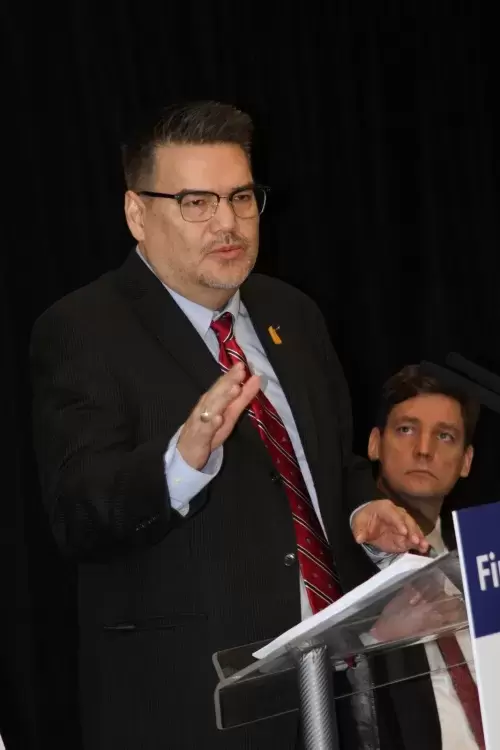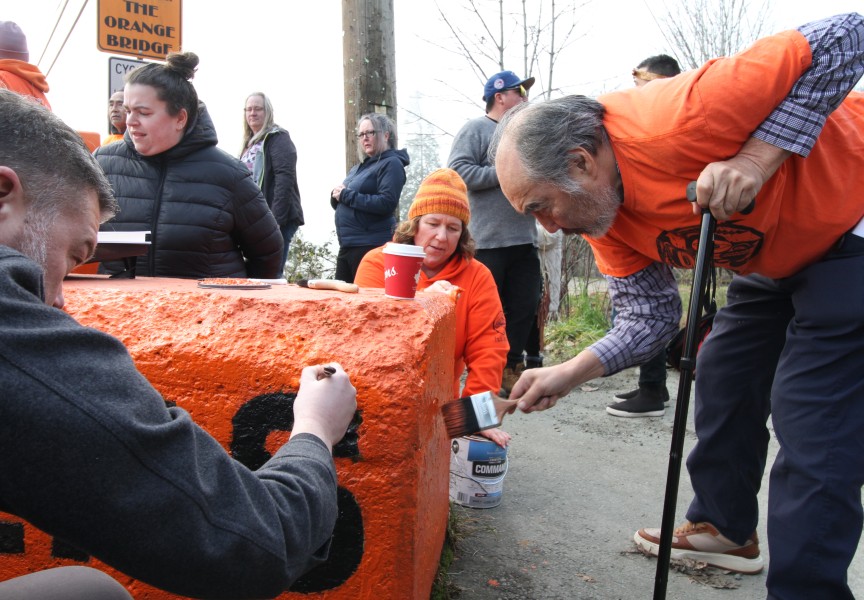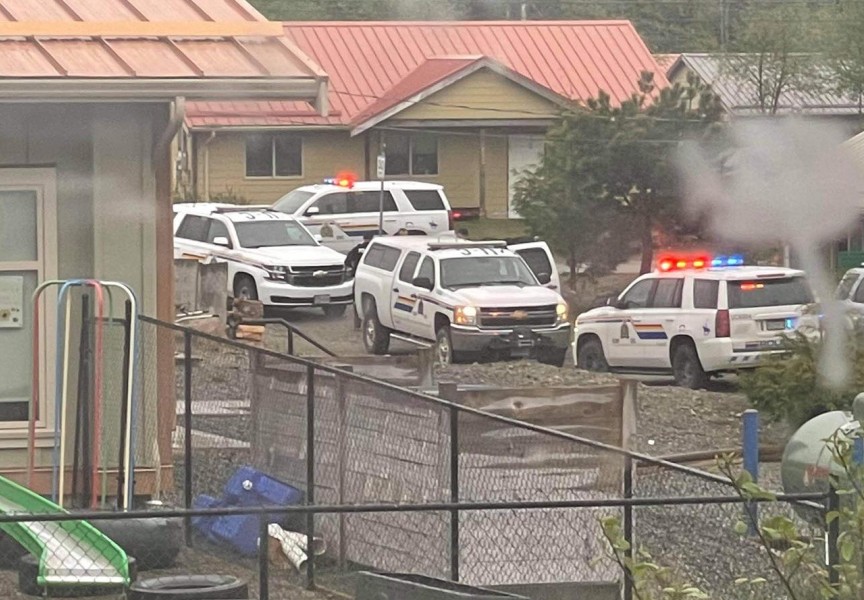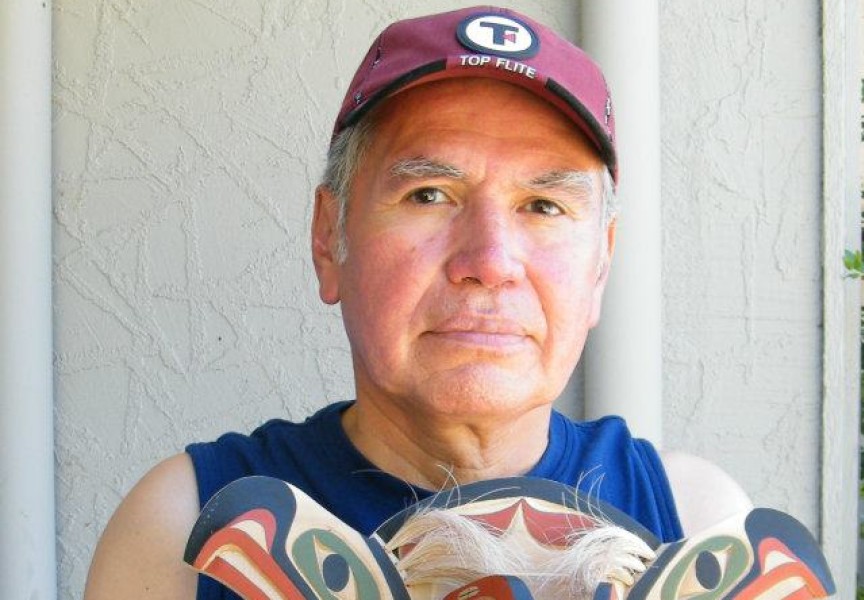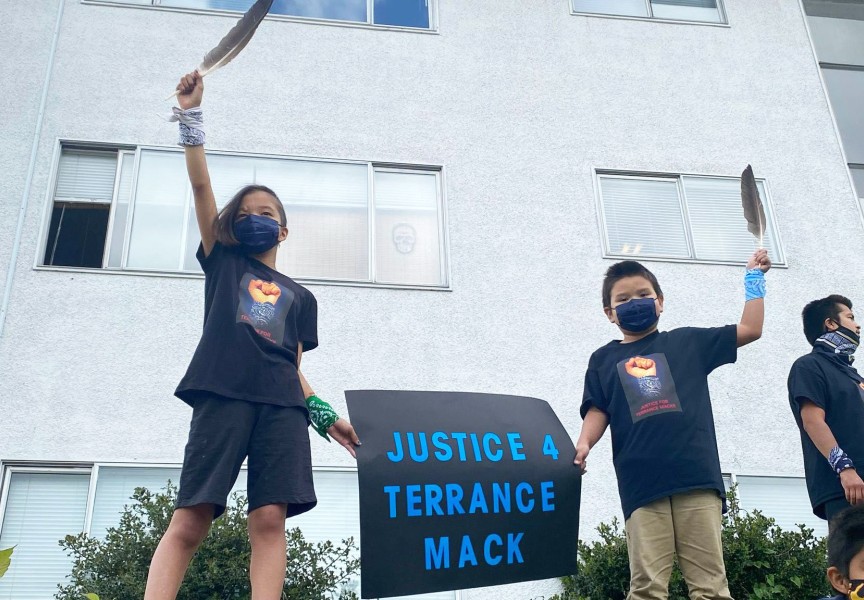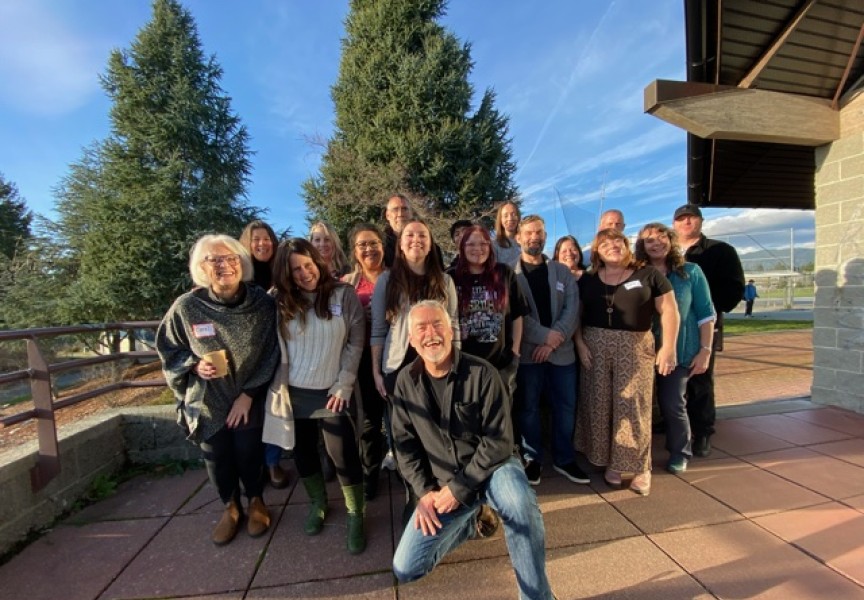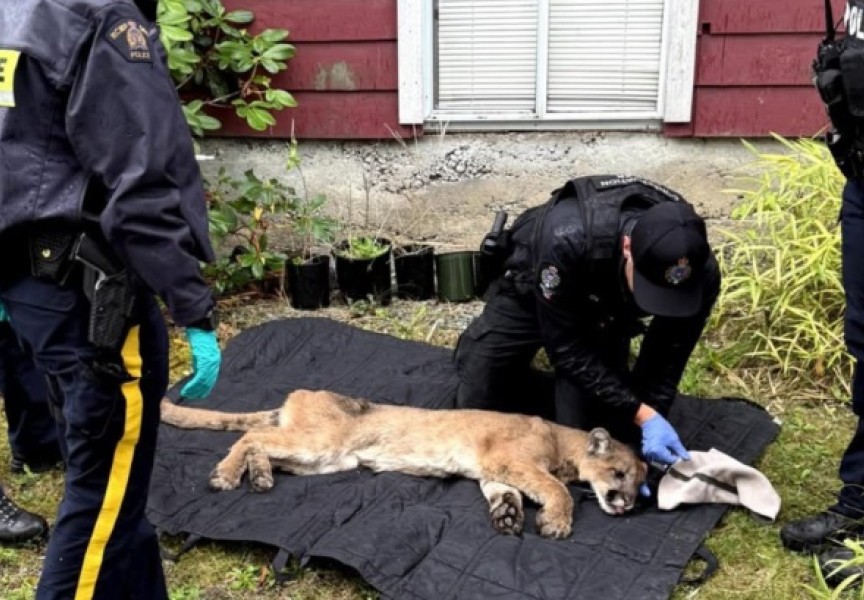A new Virtual Indigenous Justice Centre (VIJC) is offering Indigenous peoples in B.C. access to legal services online for free.
The initiative is a collaboration between the BC First Nations Justice Council (BCFNJC) and the province. It initially began as a response to COVID-19 but will continue to have a life beyond the pandemic, said Renzo Caron, BCFNJC provincial director of Indigenous justice centres.
"Throughout the pandemic, we've seen how expanding the use of technology across the justice sector makes it easier for people to access the services they need," said David Eby, Attorney General. "This VIJC will provide culturally appropriate supports to address the over-representation of Indigenous peoples in our criminal justice system, including remote communities across the province.”
Improved access to legal services allows Indigenous peoples to take a preventative and proactive approach to legal matters. If dealt with early-on, Caron said legal issues are easier to manage and more likely to be resolved.
The virtual centre offers a range of services to those who may otherwise not be eligible or have access to legal aid. People living in rural and remote communities are provided with legal advice and representation for family and criminal court cases. Additional support is offered to clients in other legal proceedings “which could reasonably lead to imprisonment or a child becoming in need of protection,” said the ministry.
"Being able to quickly access legal advice and representation from anywhere in the province, especially for remote and rural areas that are typically underserved, is a key aspect of a fair justice system," said Doug White, BCFNJC chair. "In many cases, this kind of legal access can be life changing for not only individuals, but their families and communities as well.”
Staffed by three lawyers, a navigator and a legal assistant, the virtual justice team will work with the court to encourage alternative dispute resolution processes. Rather than going through the formal court system, mediation and restorative justice methods will be championed, if appropriate.
Indigenous peoples will also have access to social, housing, transportation, health assistance and wellness support.
“We may not be able to [offer] that support in itself but are able to help people navigate how to acquire that support,” said Caron. “Often, that type of preventative approach can help people receive better outcomes.”
In March 2020, the BC First Nations Justice Strategy was created in consultation with First Nations communities across the province. It was designed to reflect their vision and priorities “to transform B.C.’s justice system,” said the ministry.
Along with the virtual centre, three Indigenous Justice Centres (IJC) were created in Merritt, Prince George and Prince Rupert. Locations for an additional 12 centres have not yet been disclosed.
Caron said the BCFNJC anticipates adding three IJCs per year.
“I don't think that's unreasonable as far as workload and the challenges to get these centres going,” he said. “Vancouver Island is on our radar.”
Nuu-chah-nulth Tribal Council Vice-President Mariah Charleson has long been advocating for a justice centre in Port Alberni. The coastal city acts like a gateway for many west coast communities, including Tla-o-qui-aht, Ahousaht, Huu-ay-aht, Ucluelet and Tseshaht First Nations.
While she said the virtual centre is a “great” tool for Nuu-chah-nulth peoples who live in rural and remote communities who don’t have access to a lawyer, it doesn’t fill the need for a physical location in Port Alberni.
“It’s going to take a multi-layered approach,” she said.
One of the recommendations from the Coroner's Inquest into the death of Jocelyn George advocated for a “justice centre in Nuu-chah-nulth territory to address the over-representation of First Nations people in custody.”
George was only 18 years old when she died of heart failure after spending a night in custody at the Port Alberni RCMP detachment in the summer of 2016.
A 2019 report from the Department of Justice Canada stated that incarceration numbers for Indigenous peoples are “worsening year-by-year.”
Indigenous inmates in federal institutions increased from 20 per cent of the total inmate population in 2008 and 2009, to 28 per cent in 2017 and 2018, despite Aboriginal peoples only representing 4.1 per cent of the total Canadian population, read the report.
“First Nations people are way, way, way overrepresented in the B.C. justice system,” said Charleson. “This is just one tool that I’m really hoping our people do use.”
The overrepresentation is attributed to a variety of factors resulting from colonization, socio-economic marginalization, and systemic discrimination, according to the department of justice.
“It's a continuous cycle,” said Charleson. “A long history of trauma, colonization [and] the attempted genocide of our people are all the reasons why we're so overrepresented.”
The free services are funded by the province, and Caron said the federal government is stepping in to support capacity building.
“It’s very important that steps are being made,” said Caron. “We’re making headway, but some of the larger work is going to [transpire] in the next few years.”
Individuals can contact the virtual centre to book an appointment by calling 1-866-786-0081, or emailing: virtual@bcfnjc.com

